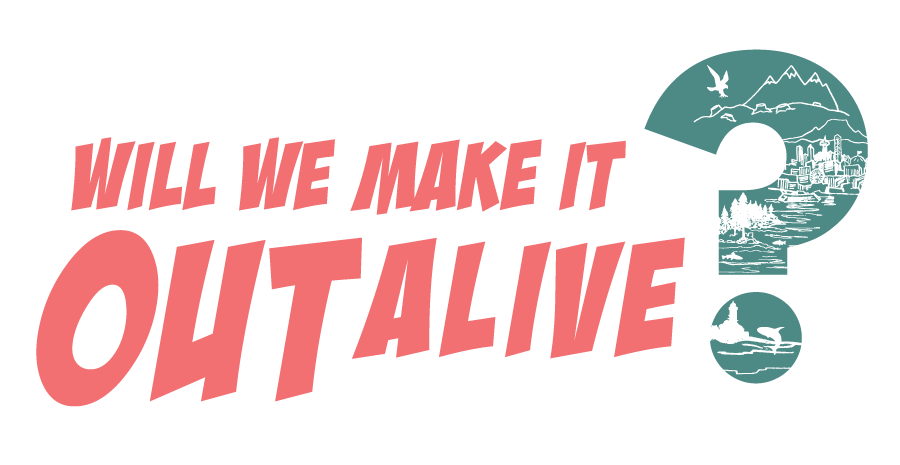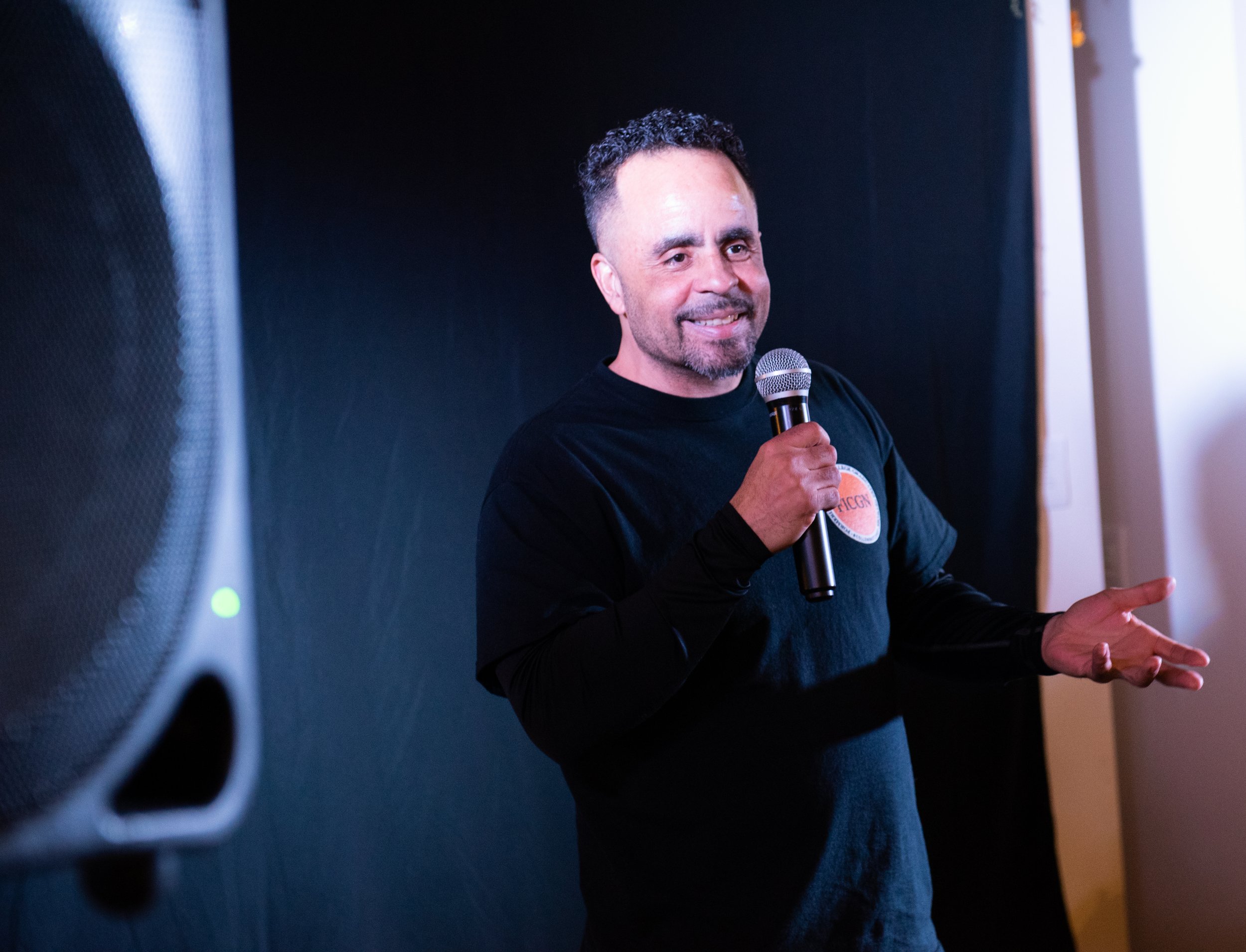S3E2: Reducing Recidivism Through Education, Science and Nature
/Learning can really make a cat tired.
Season Three is all about the Sustainability in Prisons Project (or SPP), and how they bring education and training into the prisons to reduce recidivism and protect and enhance our environment. In this episode we interview James Jackson, who serves as an education reentry navigator at The Evergreen State College. He shares some of his experiences with the prison system and the importance of education in breaking the cycle of incarceration. We will also hear again from Kelli Bush, Co-Director of the Sustainability in Prisons Project, who shares more about what SPP is all about.
Interviewees
James (JJ) Jackson - Photo provided by James Jackson
James Jackson
James is the Education Reentry Navigator at The Evergreen State College. He works to match formerly incarcerated students with colleges in the South Puget Sound that best meet their needs, and helps them transition from prison to life on campus.
Kelli Bush Scanning a turtle, photo: SPP
Kelli Bush
Kelli Bush is the co-director of the Sustainability in Prisons Project. She helps bring nature, science and environmental education into prisons in Washington. She also leads staff from the Evergreen State College that coordinate programs in the prisons. She has a Bachelor's degree in Agriculture Ecology from The Evergreen State College.
The Prison System
Photo Provided by James Jackson
James (JJ) Jackson was formerly incarcerated in the US Federal prison system. He graciously shares some of his experiences with the prison system and with education in and out of prison. James starts out by providing some statistics indicating that formerly incarcerated people who earn a college degree are much less likely to recidivate. Similar reports can be found here and here. He then talks through his experience and motivations while incarcerated, including education he had access to and programs such as the Residential Drug Abuse Program (RDAP) that he could have participated in (listen to the episode to find out why he chose not to participate in this program). He also shares a bit about his experience with reentry and some of the challenges people face with reentry, including housing, substance abuse, and jobs.
James says education is something the Washington corrections system is doing well. Washington is unique in hiring education navigators to help incarcerated students navigate the college system and the transition from prison to college campuses. Federally, education grants, that were stripped during the Tough on Crime legislation in the 1980’s and 1990’s, for all currently and formerly incarcerated students are scheduled to be fully reinstated in 2023.
We discuss some of the systemic changes needed to improve outcomes for formerly incarcerated people, some of which Washington has implemented including removing the felon checkbox on college applications. James mentions a book, The New Jim Crow by Michelle Alexander. He discusses several of the author’s ideas, including how being charged with a felony follows people throughout their lives, even after they have served their time and paid their debt to society.
We have a great discussion about language and how certain terms like convict, offender, and inmate can cause stigma and bias and dehumanize people. Using terms such as incarcerated individuals can help change the narrative and reduce stigma, while making it harder to treat people as numbers and distance yourself from other individuals.
What is SPP (and what isn’t it)?
Kelli talks about some of the benefits participants receive, such as exposure to nature and science, education, training, networking, and college credits. The program also benefits the community, particularly by breaking down barriers. It brings community members inside the prisons and helps break down biases by letting them interact with and get to know incarcerated people.
Kelli discusses what SPP is (environmental education and training for incarcerated individuals) and what SPP isn’t (cheap labor or sustaining the prison system). She shares that the program does have some constraints, namely that the prison system isn’t designed for programs like this so the infrastructure just isn’t there. SPP don’t let these constraints stop them; they had around 199 projects or programs last year! Some of these are led by the Department of Corrections, and some are led by Evergreen. Others have unfortunately been suspended because of Covid-19 but will hopefully be brought back soon. A large portion of the programs are funded through grants and donations. We encourage our listeners to start thinking about potential projects that might be a good fit for SPP and listen to future episodes for ideas on how to plug in!
Coming up next
Join us in two weeks (July 5) for our next episode, where we will hear more in depth about some of the great partnerships at SPP. We will be talking to Mary Linders, a SPP partner and scientist at WDFW, and Carolina Landa, a former butterfly technician with SPP. We will also hear more from Kelli Bush because she’s awesome.
Please don’t forget to rate, review and subscribe on Apple Podcasts, Stitcher, or wherever you get your podcasts (like Tune In, Castbox, Himalaya, iheartradio, etc). Please let us know what you think in the comments below or on our Facebook page.






